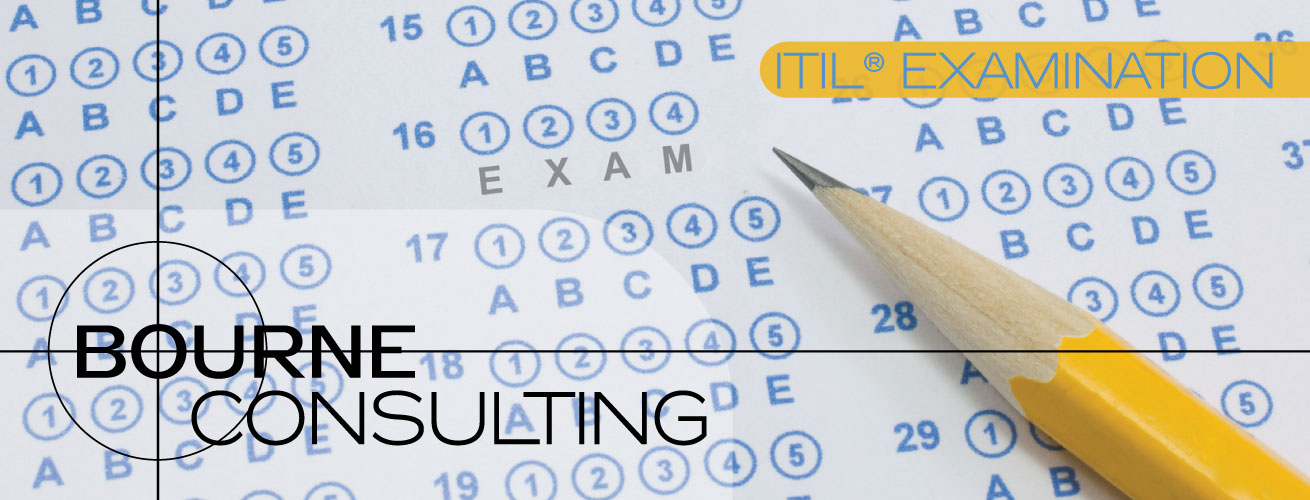ITIL® is a registered trade mark of AXELOS Limited, used under permission of AXELOS Limited.
“The ITIL® courses on this page are offered by Ahead Technology, an ATO of PeopleCert Limited. ITIL® is a [registered] trade mark of PeopleCert Limited. All rights reserved.”
Course Overview
The ITIL® best practice provides proven guidance to support organizations on their digital transformation journey. ITIL® 4 is the next iteration that incorporates all the best from previous versions and expands on this body of knowledge, by providing a practical and flexible approach to support organizations with a focus on delivering customer outcomes and value through IT-enabled services.
ITIL® 4 provides an end-to-end operating model for the delivery and operation of tech-enabled products and services. It enables IT teams to continue to play a crucial role in wider business strategy and integrates concepts from other industry best practices such as Lean, Agile and DevOps.
The advanced-level ITIL® 4 Managing Professional courses have been developed for IT practitioners working within technology and digital teams across organizations. To obtain the ITIL® 4 Managing Professional designation, the candidate needs to complete all courses in the ITIL® 4 Managing Professional stream:
- ITIL® 4 Specialist: Create, Deliver and Support
- ITIL® 4 Specialist: Drive Stakeholder Value
- ITIL® 4 Specialist: High Velocity IT
- ITIL® 4 Strategist: Direct Plan and Improve
The ITIL® 4 Specialist: Drive Stakeholder Value (DSV) course provides an understanding on providing an understanding of all types of engagement and interactions between a service provider and their customers, users, suppliers and partners, including key CX, UX and journey mapping concepts.
This course has a focus on the following aspects of the ITIL® 4 Service Value Chain:
- Demand (input)
- Engage
- Value (output)
This is a full training package that includes the knowledge transfer as well as the associated certification exam.
Duration
- This is a 3-day instructor-led virtual or classroom course
- Students will receive an exam voucher that allows them to schedule their ITIL® Specialist: Drive Stakeholder Value (DSV) exam for a convenient date / time / location after completion of the training session – the exam will be remotely proctored (requires a webcam and internet access)
Delivery Methods
- Instructor led virtual or classroom environment with a recommended maximum of 8 students per session
Prerequisites
- The candidate must have passed the ITIL® 4 Foundation examination OR the ITIL® 4 Managing Professional Transition examination
- Attendance in an accredited training course for this module and successful completion of the certificate exam
- Exam details:
- 90 minutes
- Candidates taking the exam in a language that is not their native or working language may be awarded 25% extra time, i.e. 113 minutes in total.
- ‘Closed book’ examination, 40 multiple choice questions, 70% or higher pass mark (28 or above correct out of 40)






